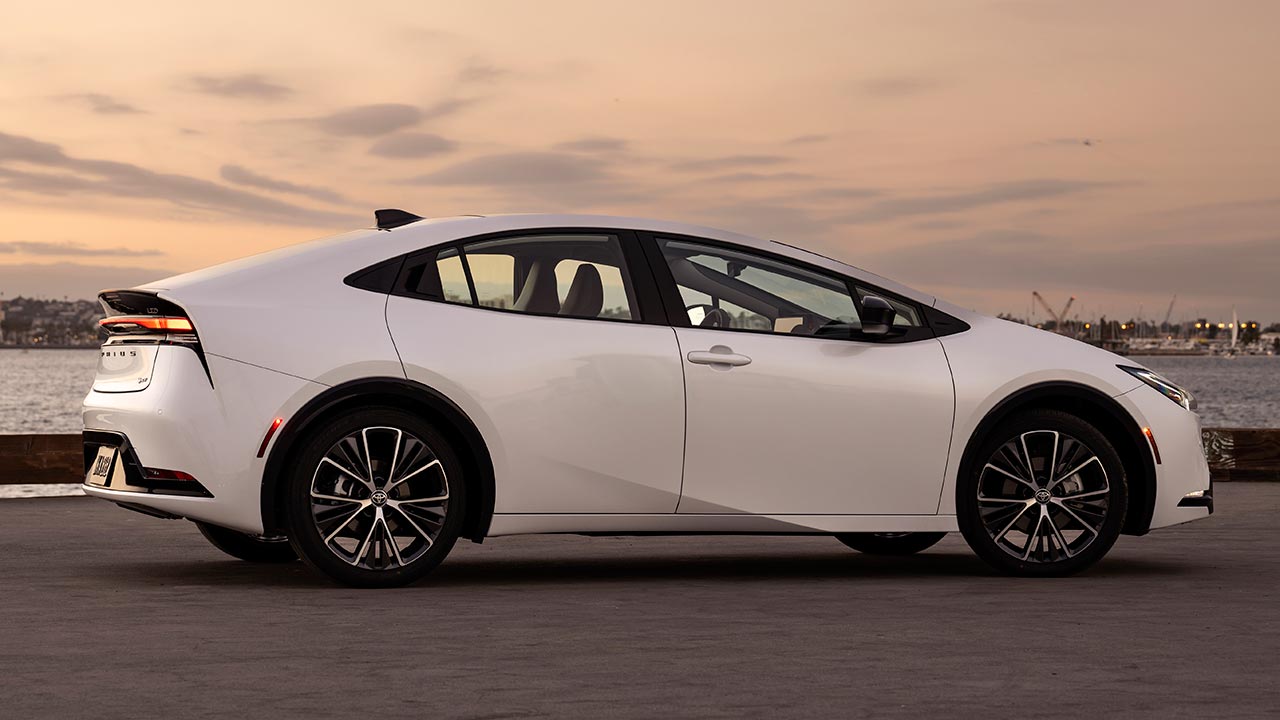According to Pratt, such a forceful approach could backfire, leading people to cling to their internal combustion engine (ICE) cars for a longer period of time. He believes that the world is not yet prepared for a full transition to electric vehicles and proposes an alternative solution.
Speaking in Hiroshima prior to a G7 summit, Pratt acknowledged the appeal of subsidies that make electric vehicles more attractive to consumers. However, he emphasized that not everyone is ready to embrace the EV revolution. Instead of pushing for a complete abandonment of ICE vehicles, Toyota aims to extend the lifespan of these vehicles by continuing to develop hybrid technologies and exploring alternative fuels like hydrogen.
Pratt's concerns extend beyond consumer readiness. He highlighted the limitations in the supply chain for electric vehicle production, particularly regarding battery materials and renewable recharging resources. While these limitations will eventually be overcome, Pratt emphasized that it will take decades for battery material mines, renewable power generation facilities, transmission lines, and seasonal energy storage facilities to scale up sufficiently to support a battery electric vehicle (BEV)-only future.
Toyota's stance on the matter differs from some other automakers, such as Volkswagen, whose CEO Thomas Schäfer considers gasoline and diesel engines as "old technology." However, Toyota's newly appointed CEO, Koji Sato, also expressed caution regarding alternative fuels, suggesting that they need further evolution before becoming a viable option. Additionally, Sato highlighted the challenges surrounding solid-state batteries, indicating that durability remains a significant hurdle to overcome.
Source: Automotive News Europe

